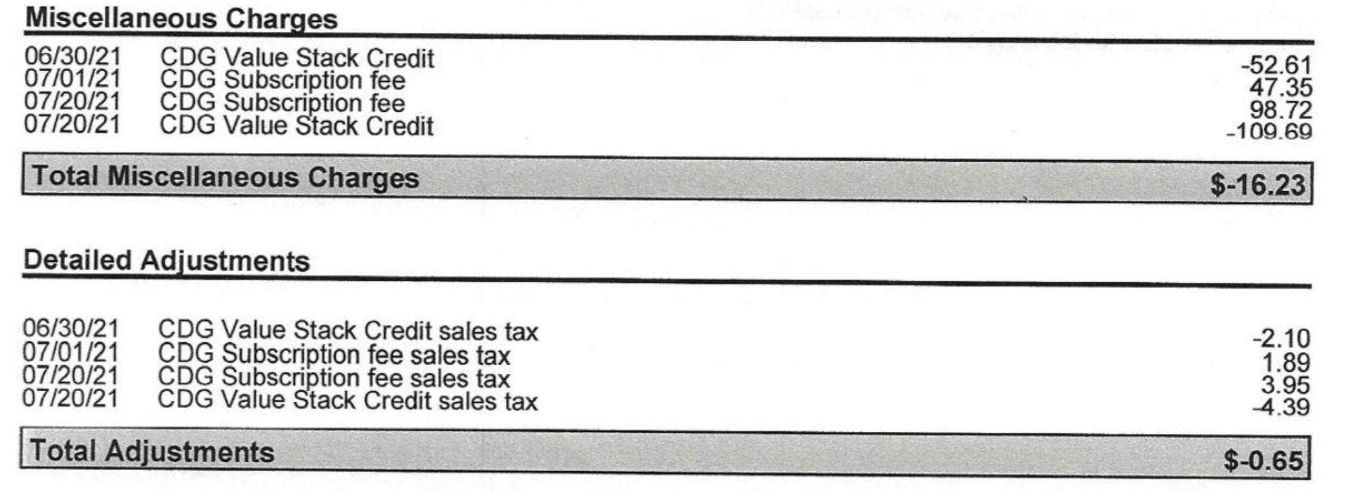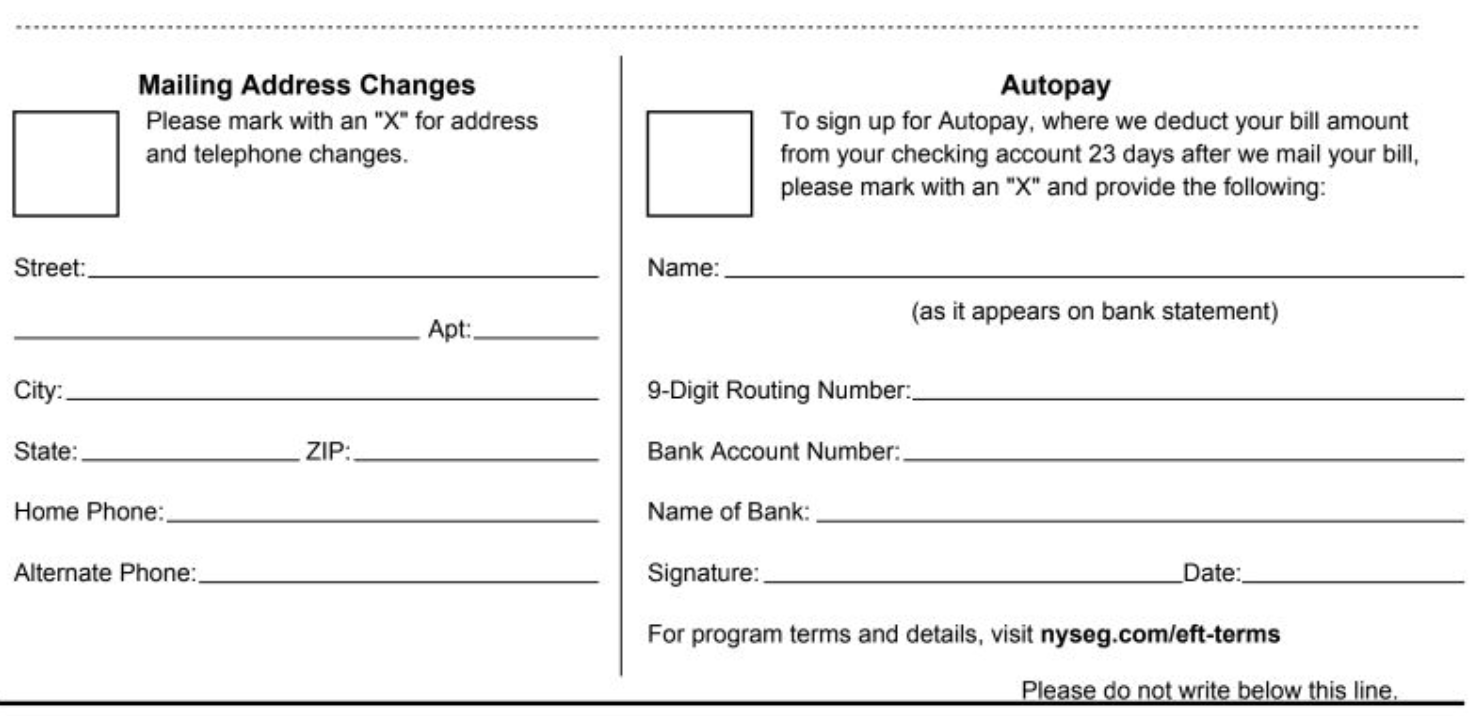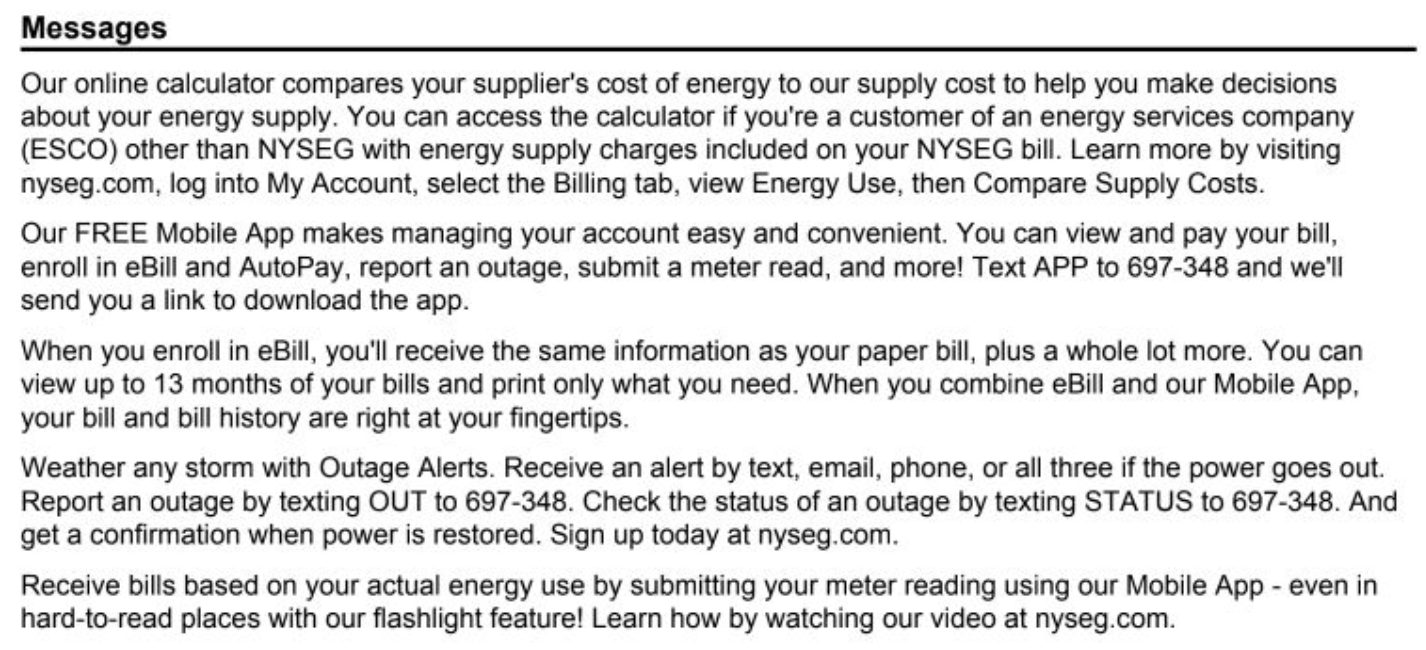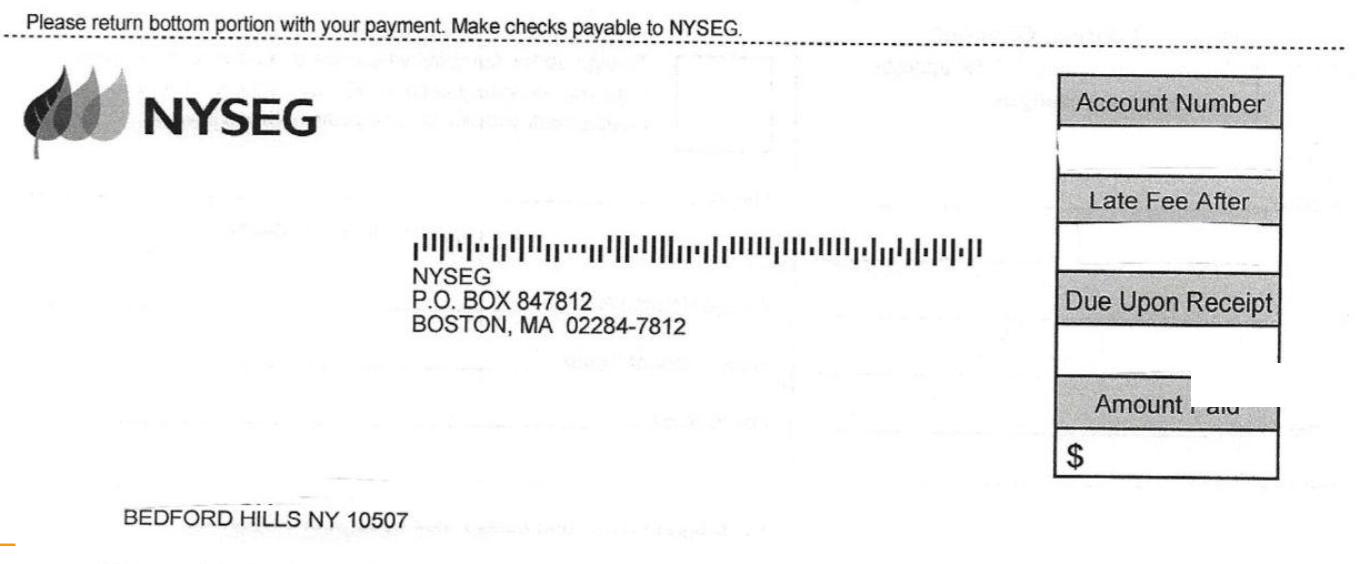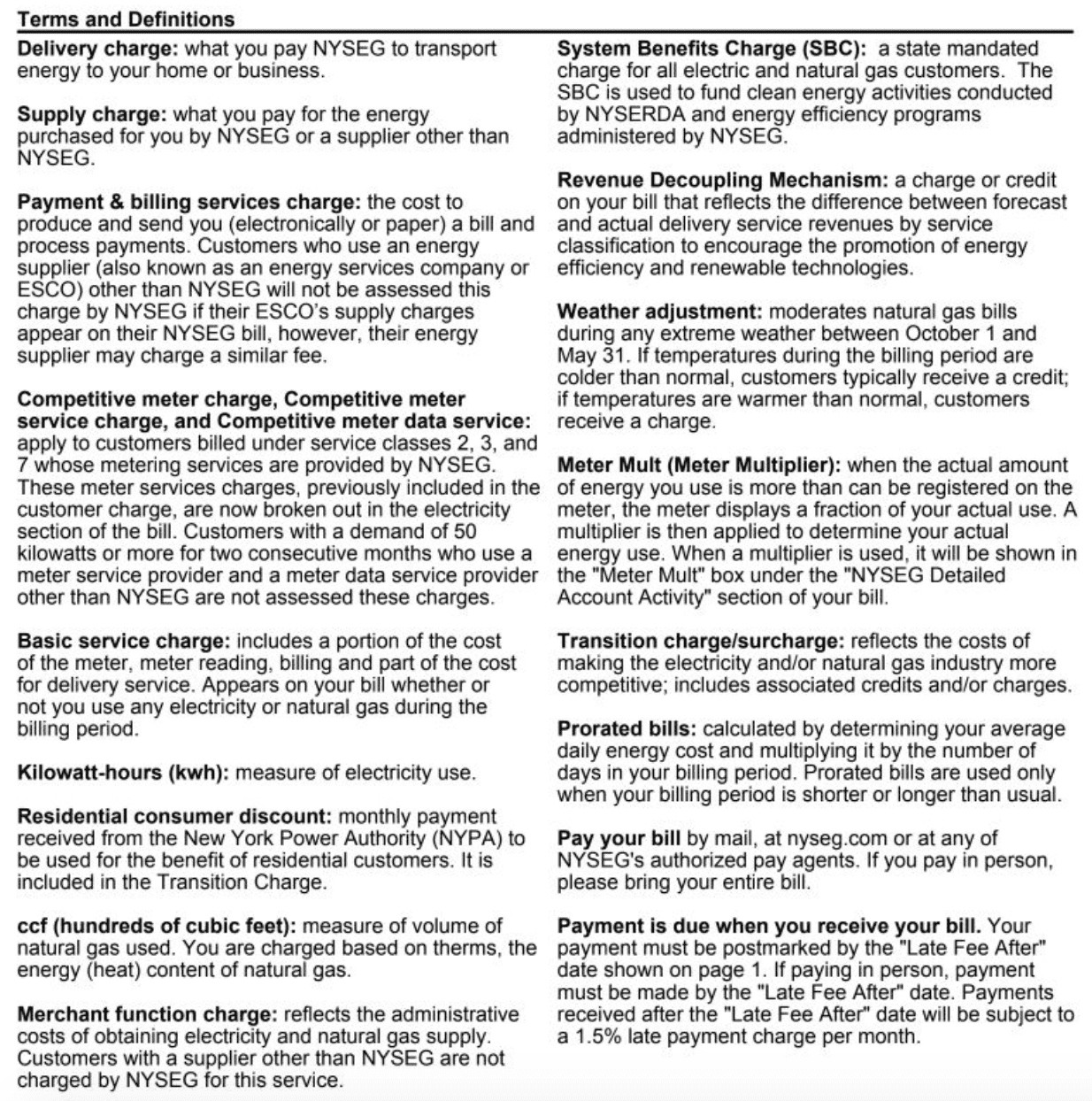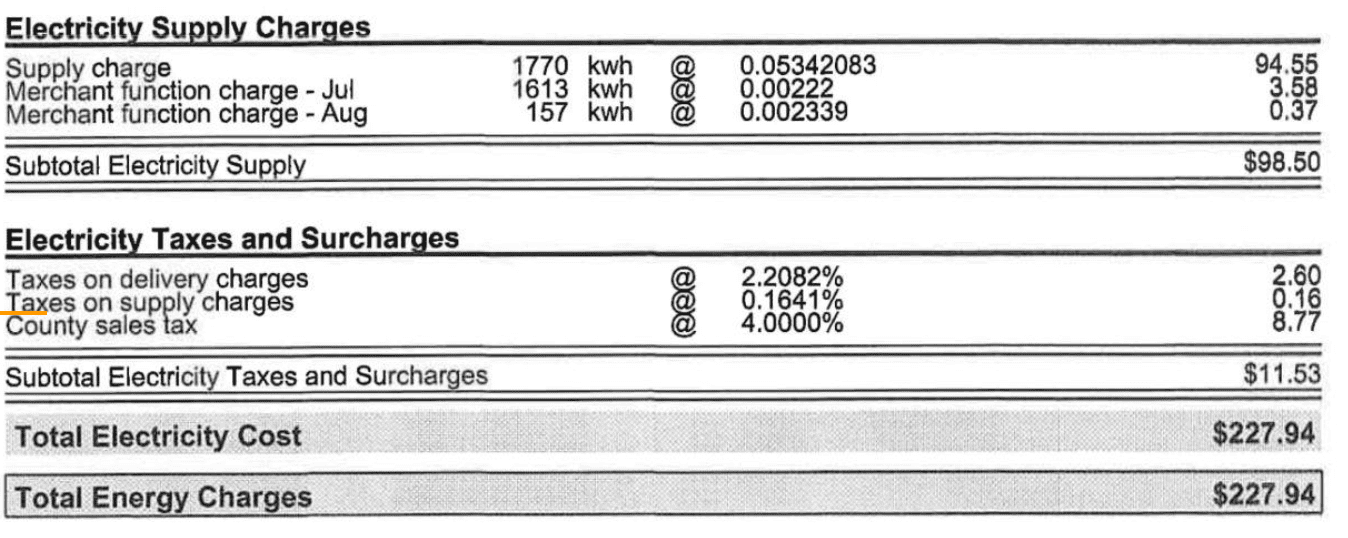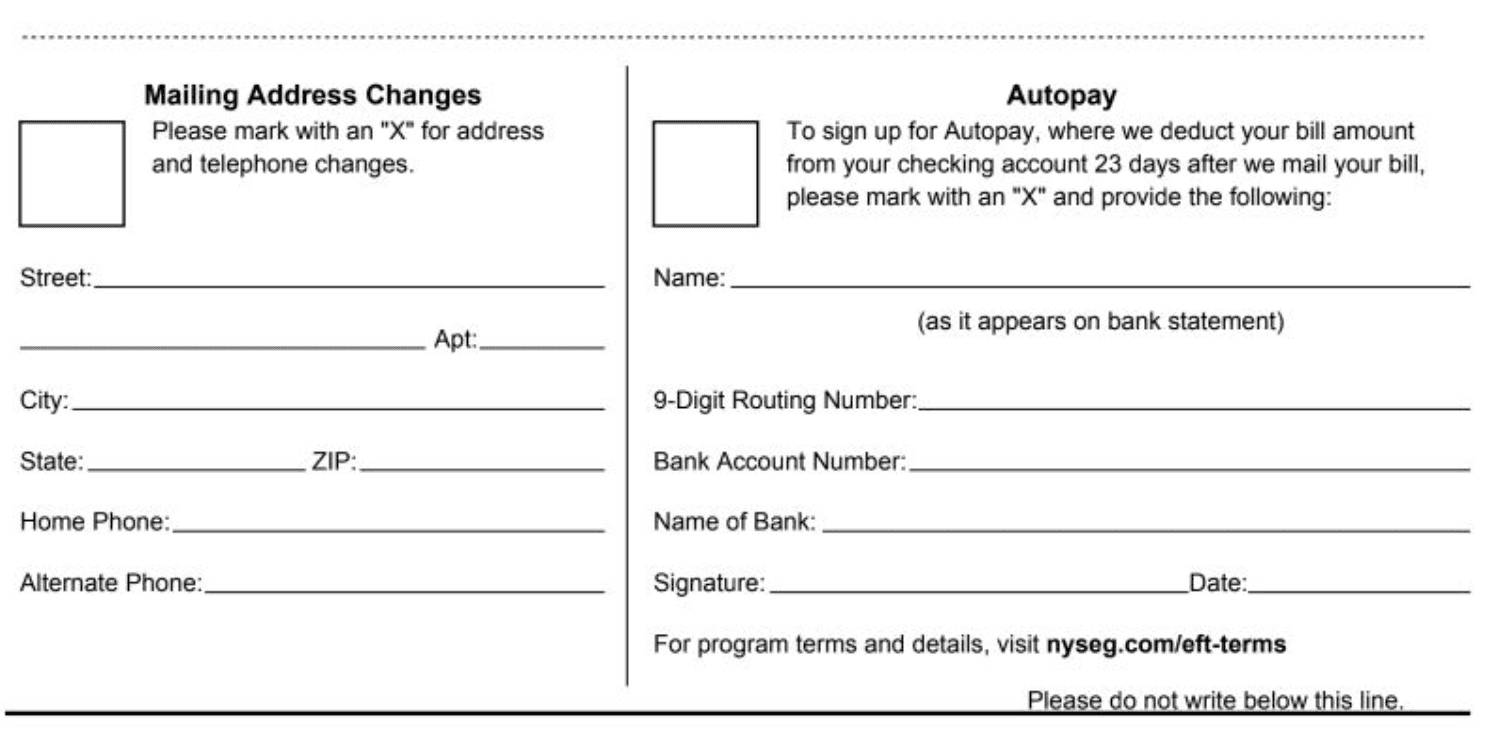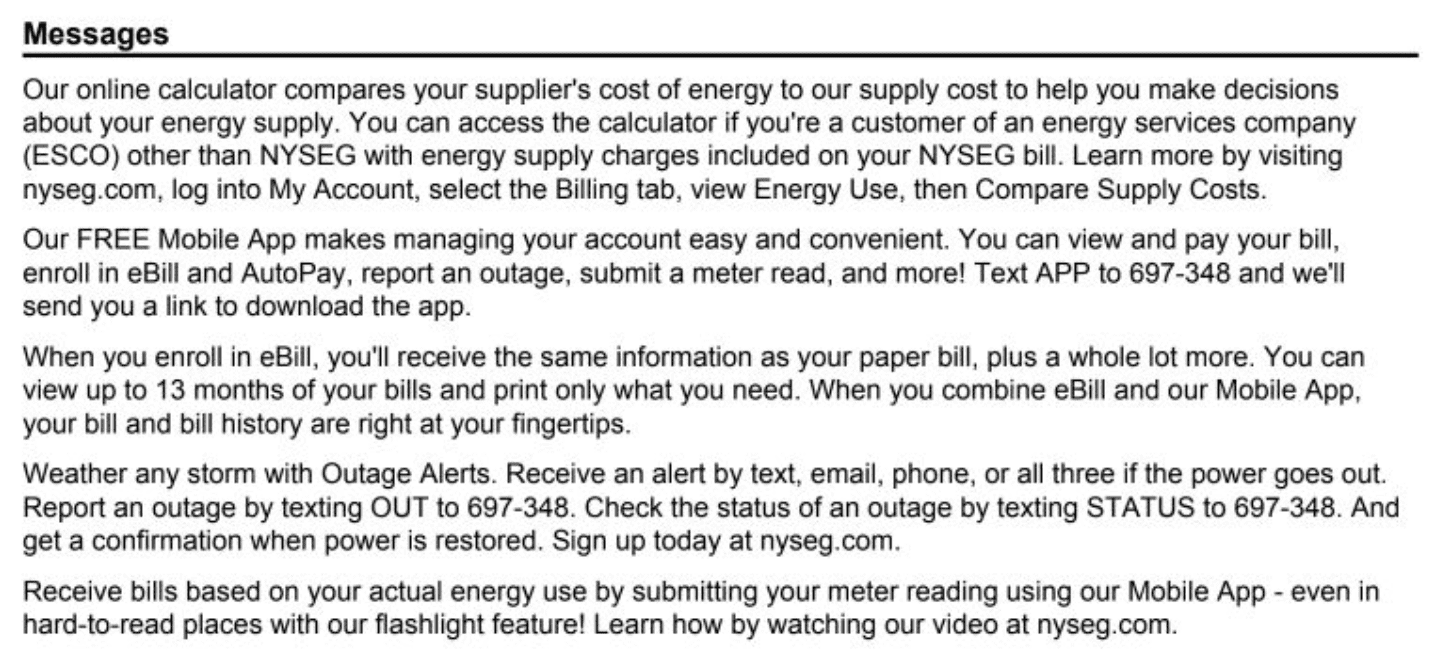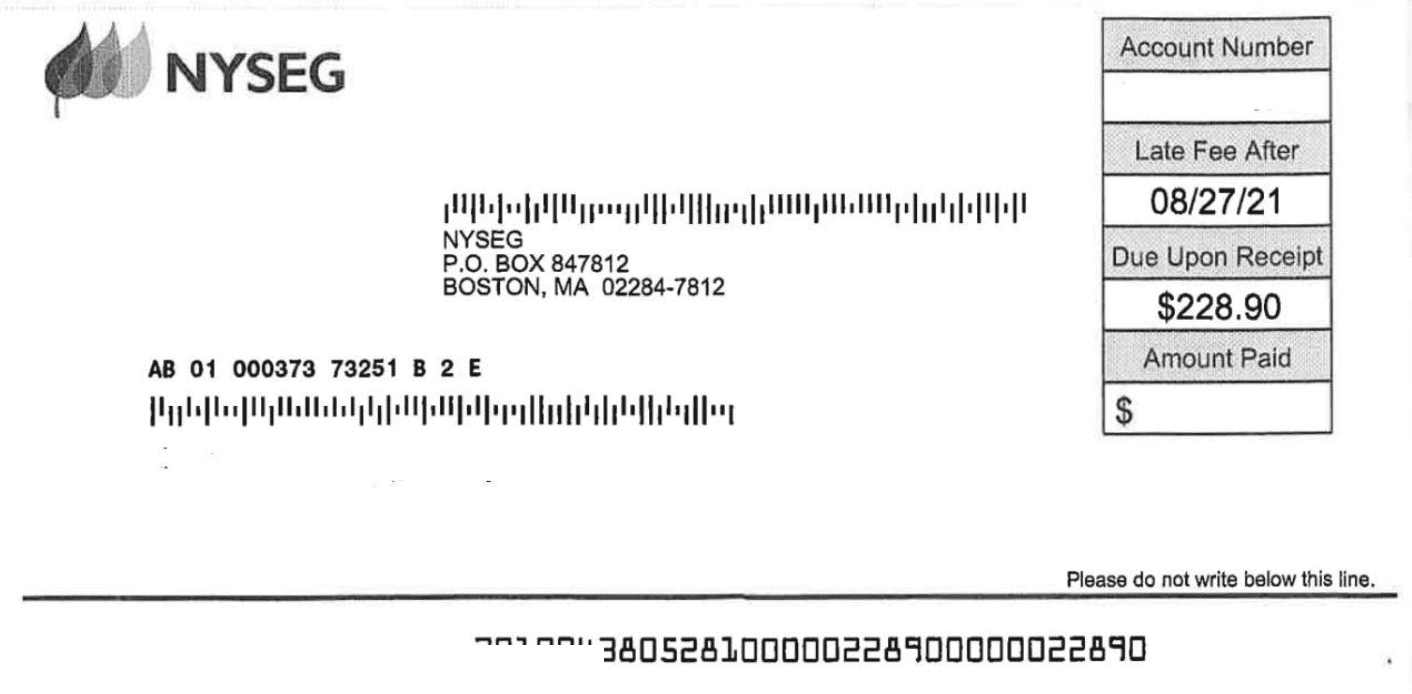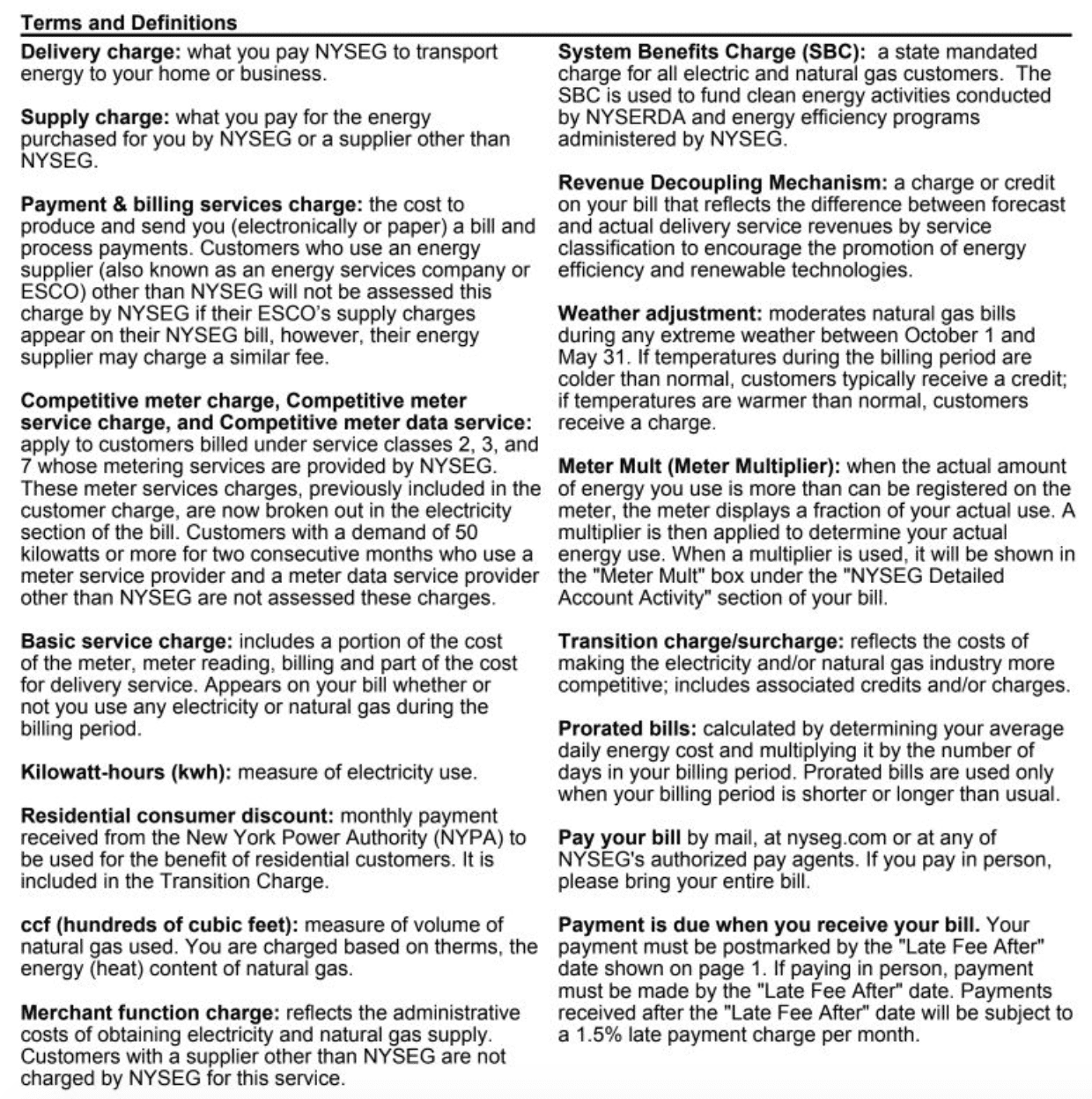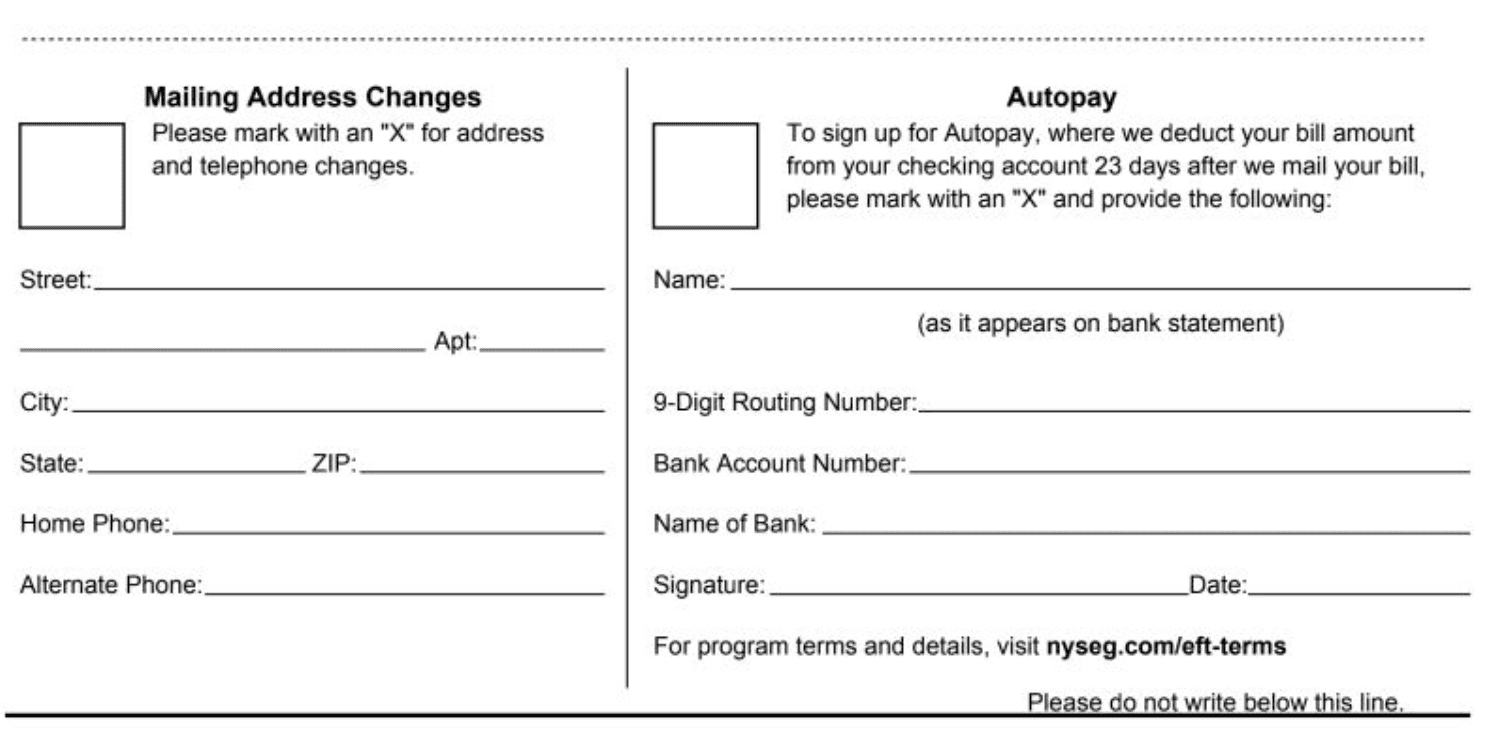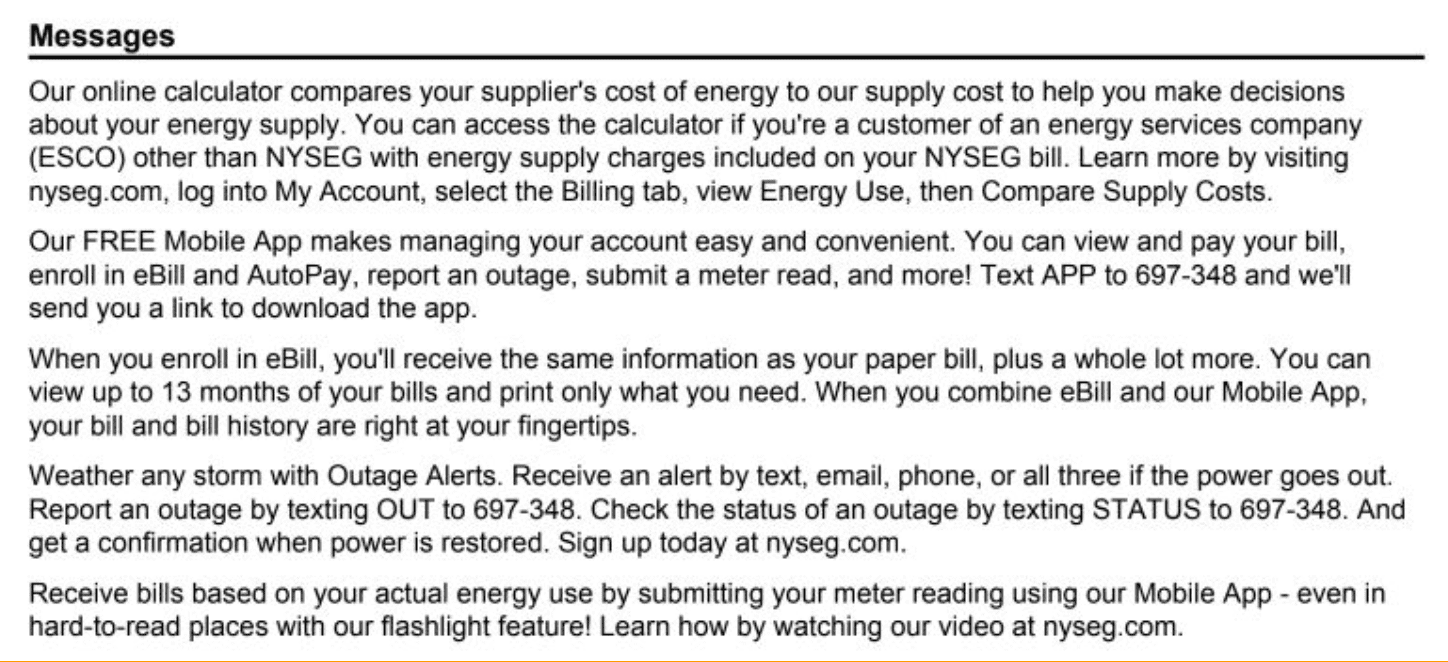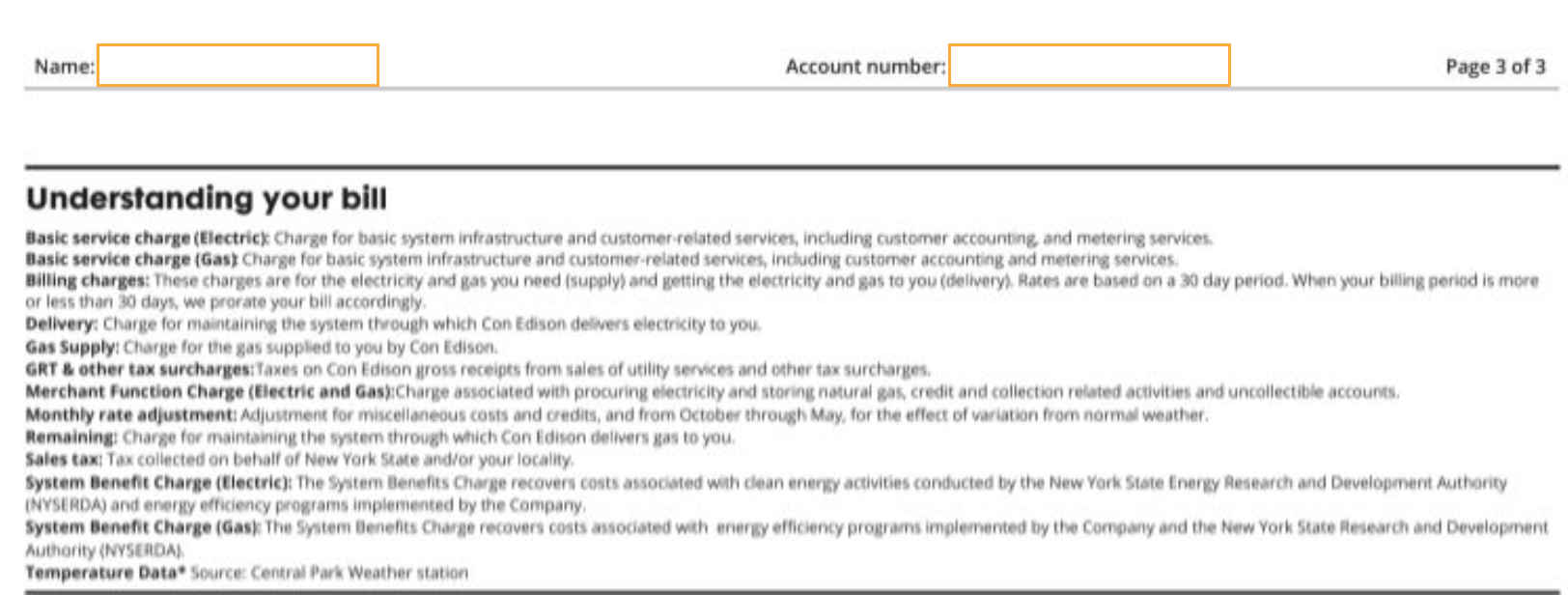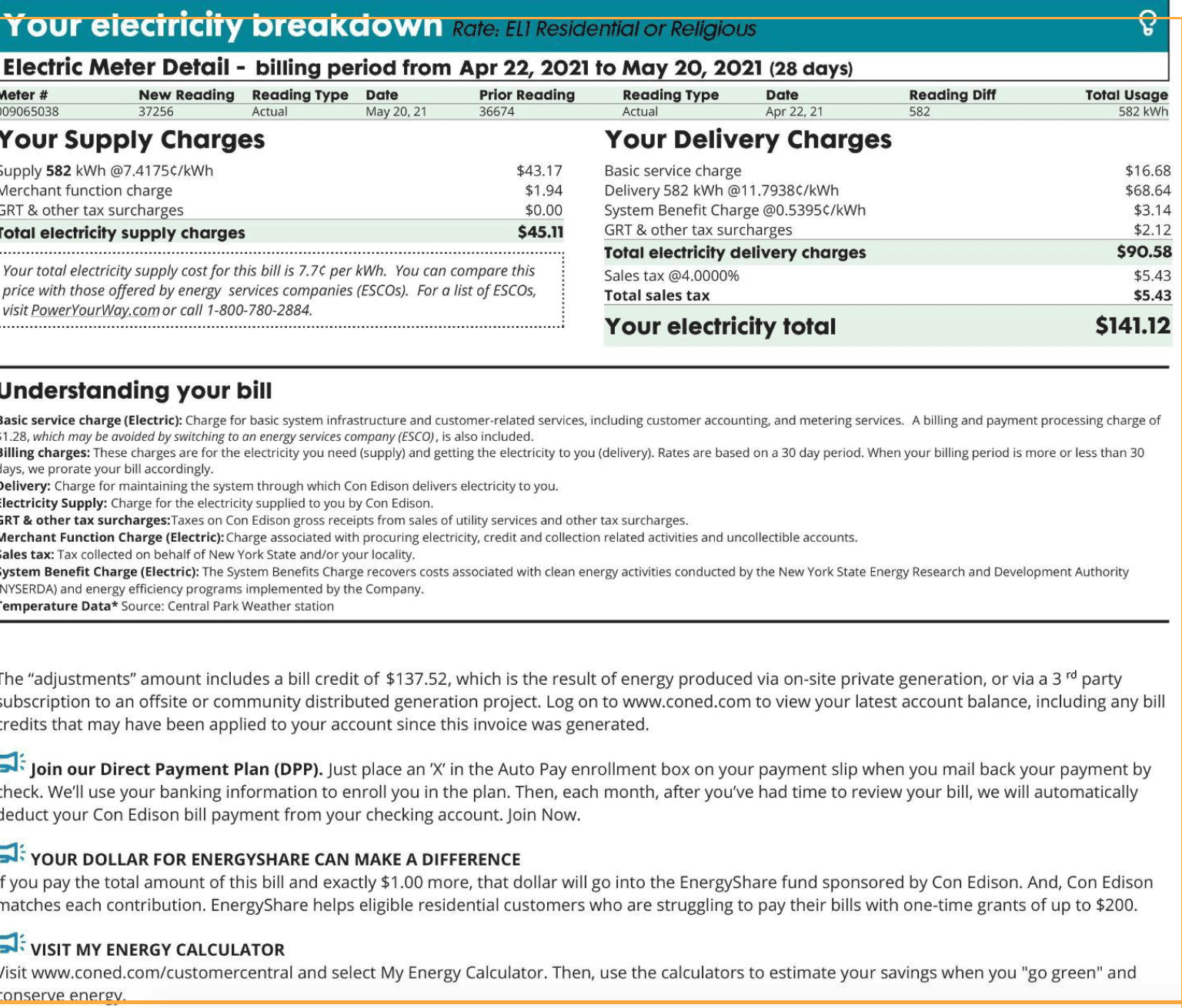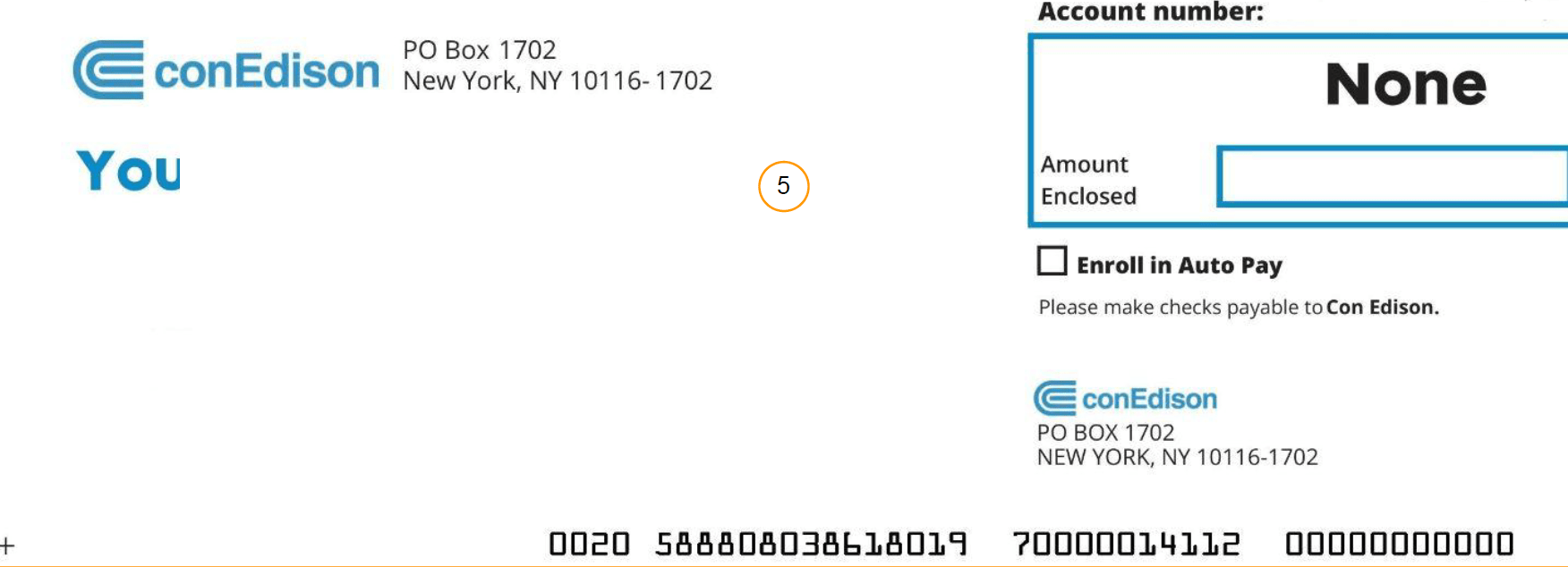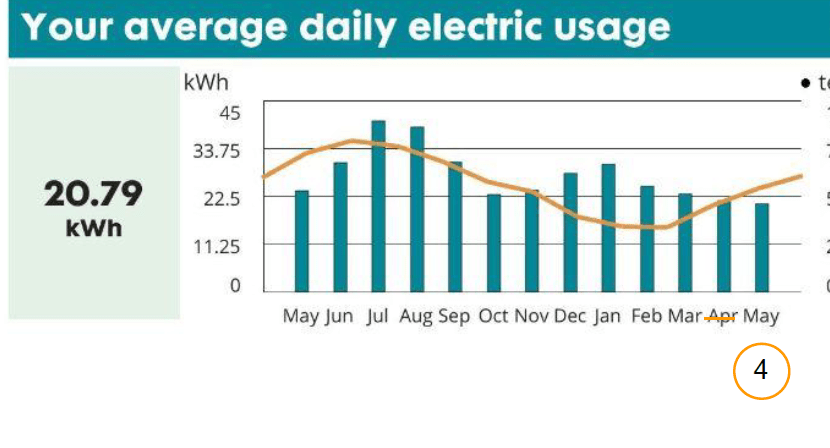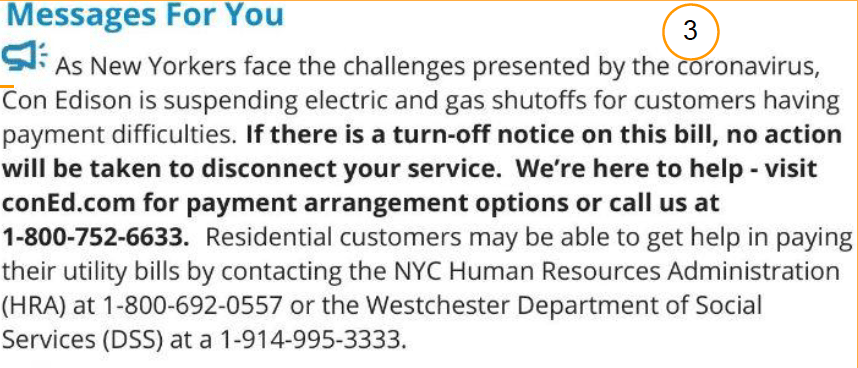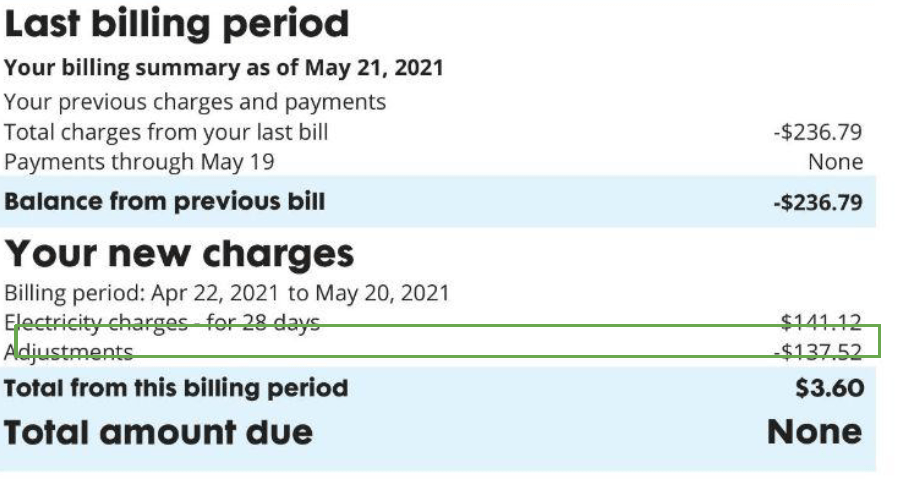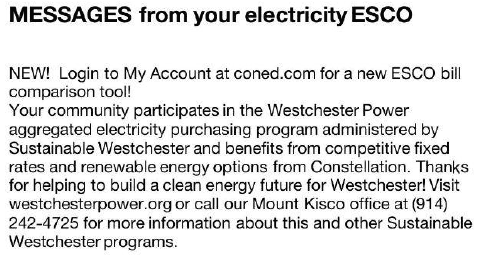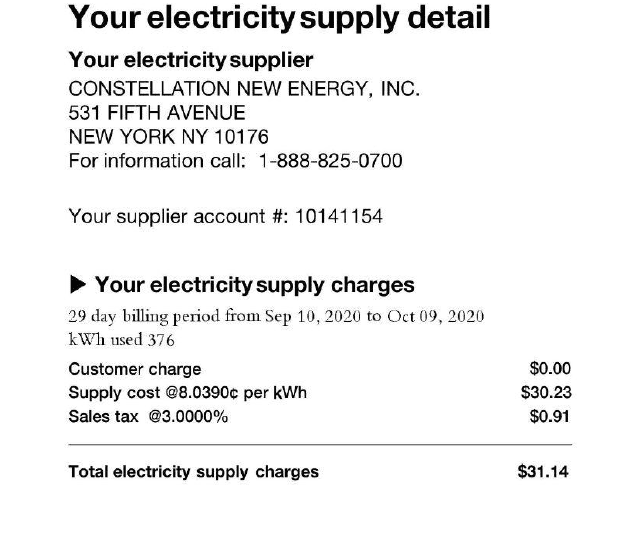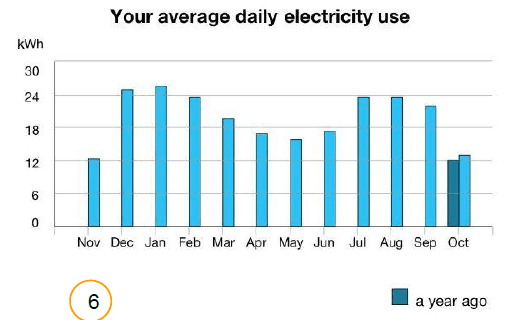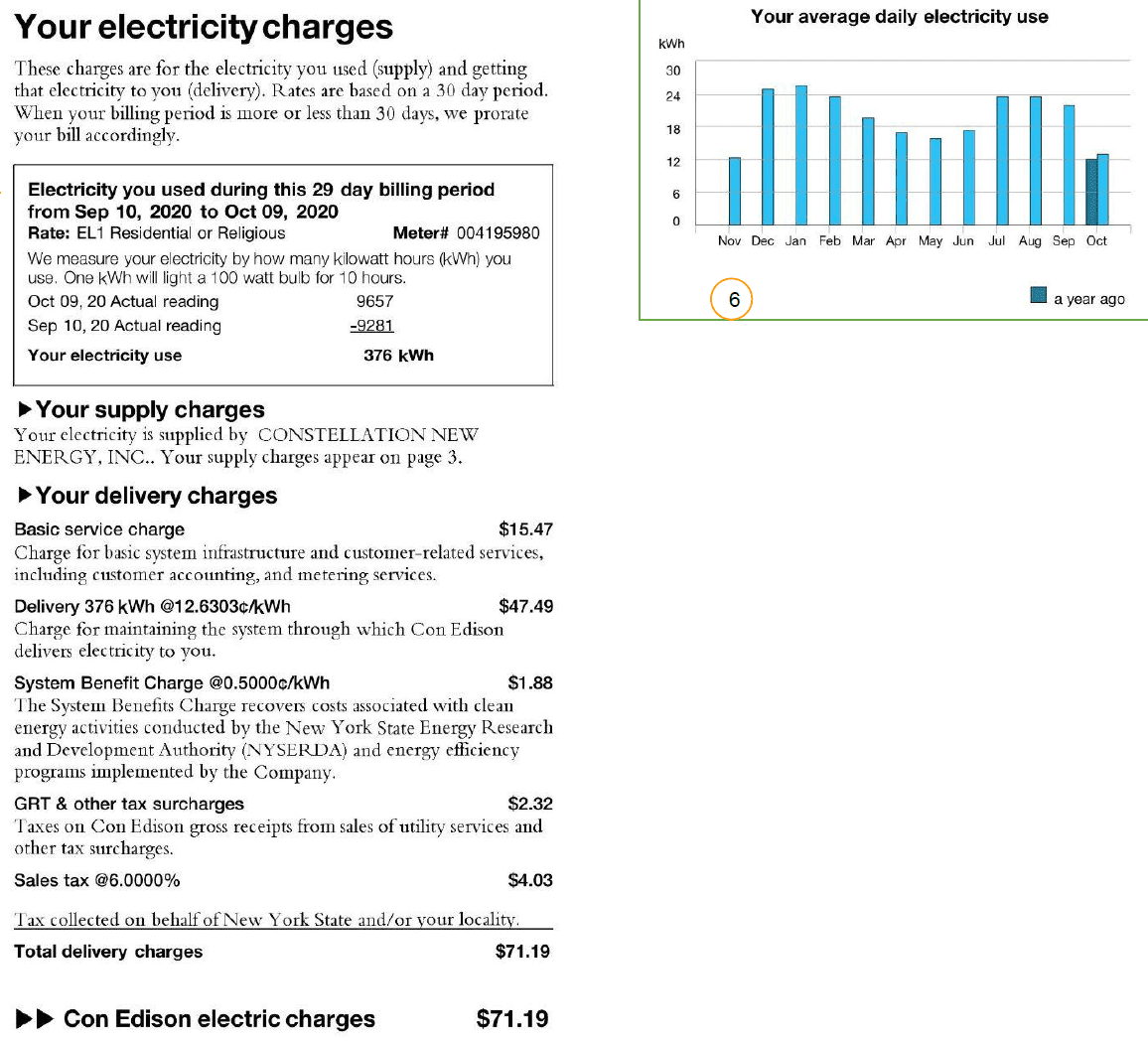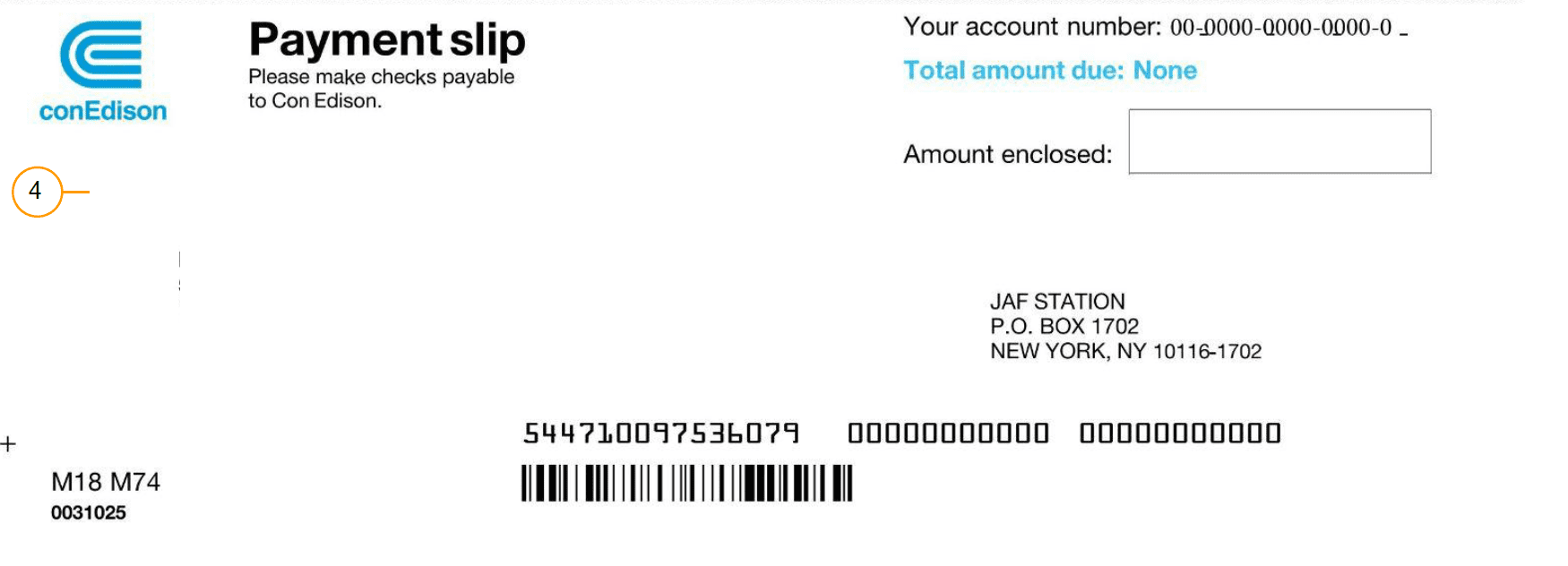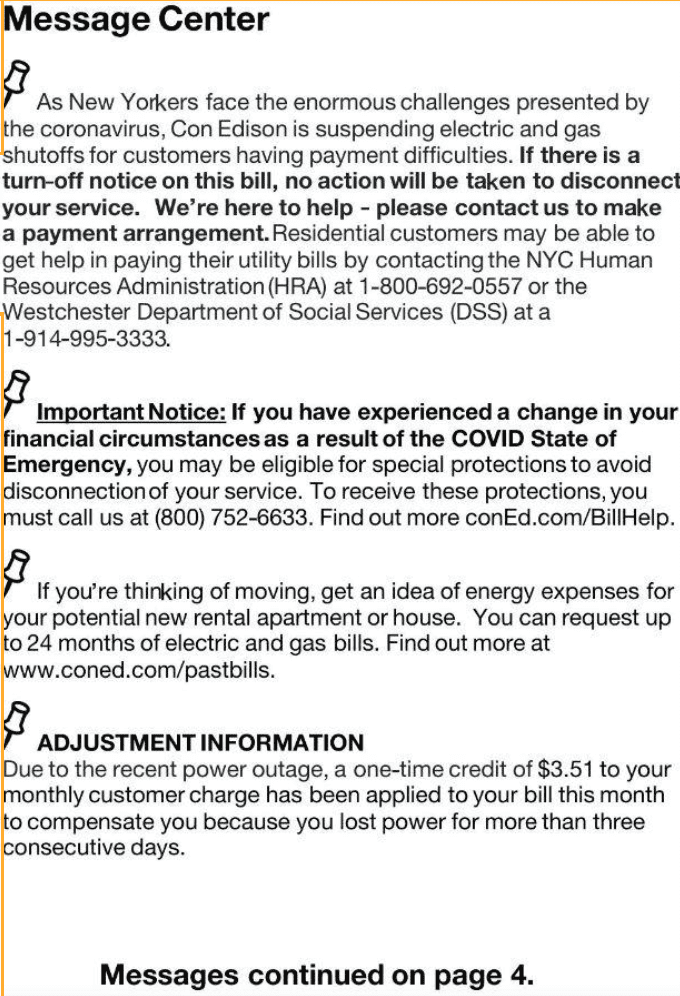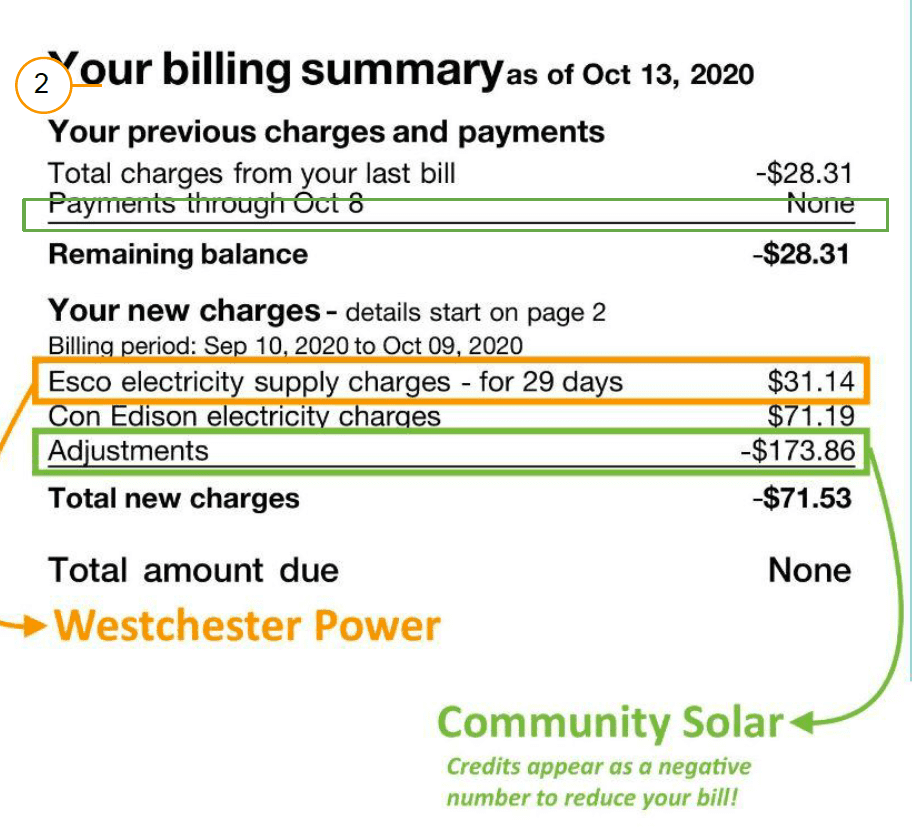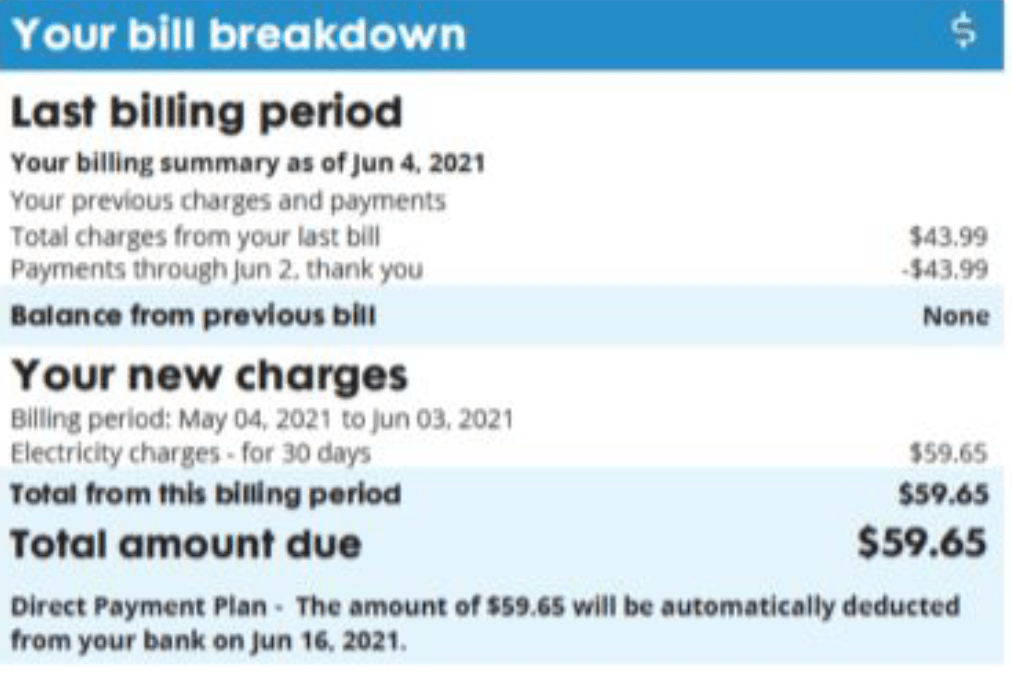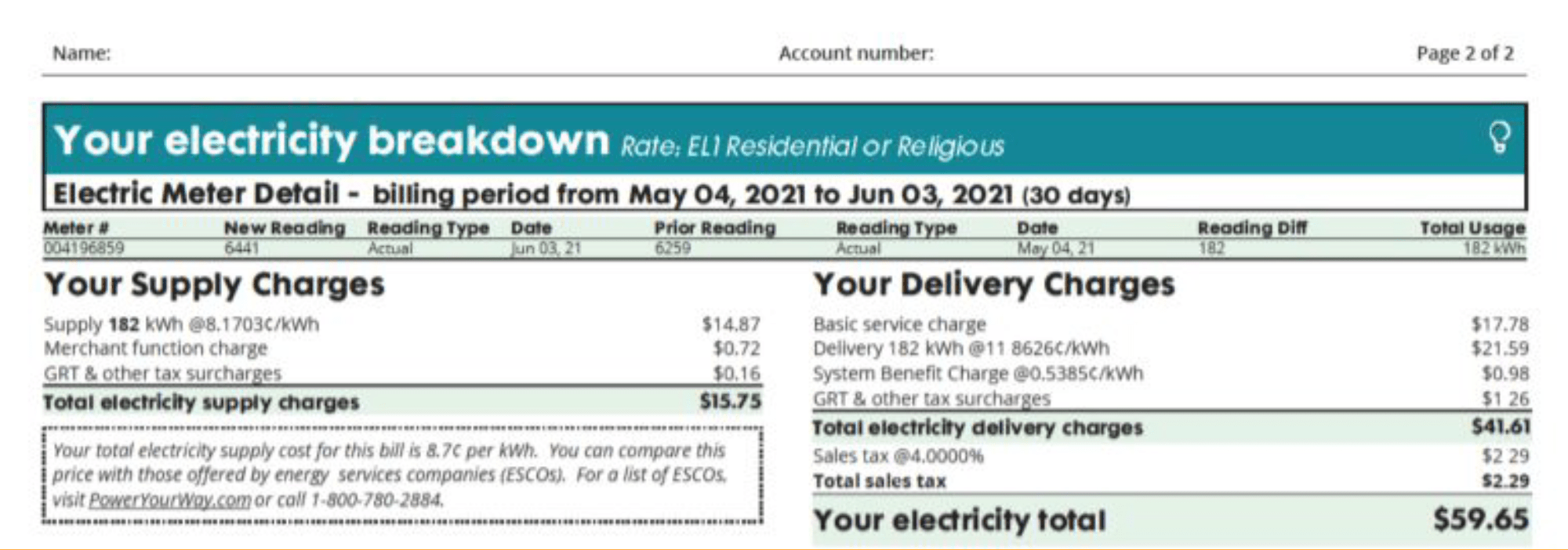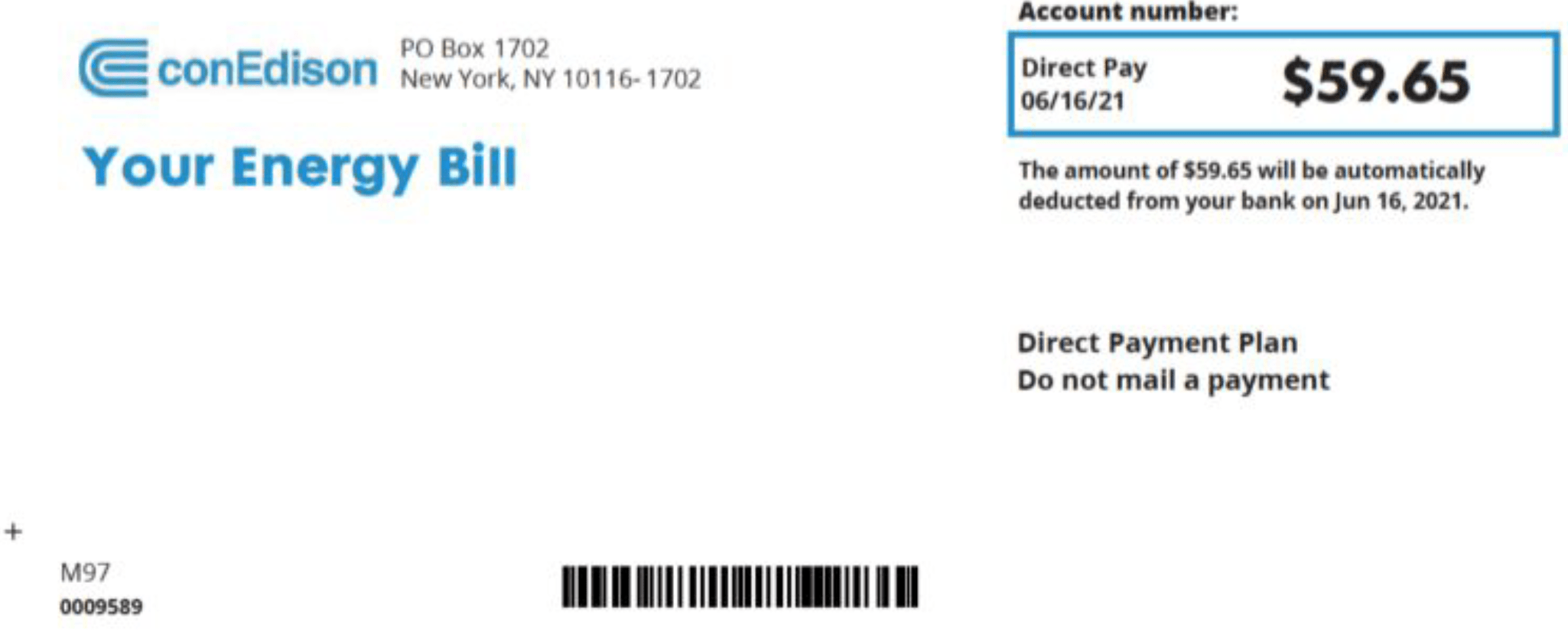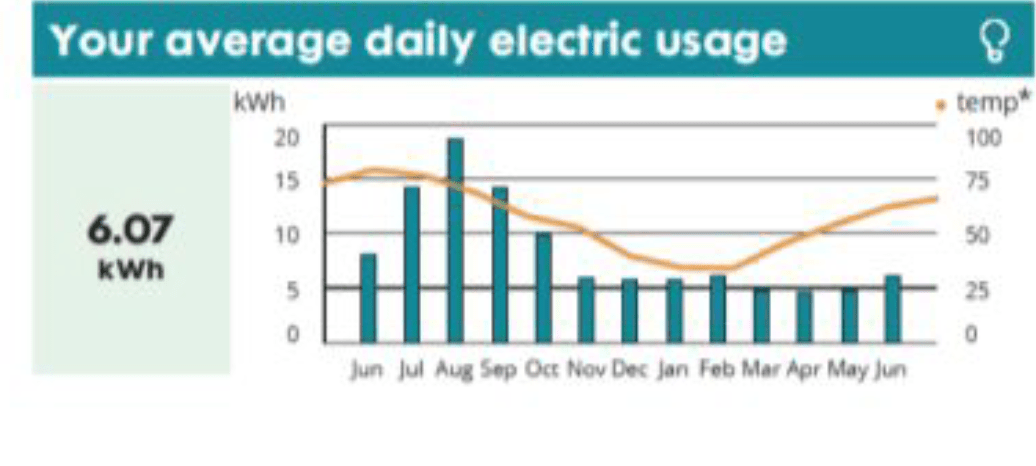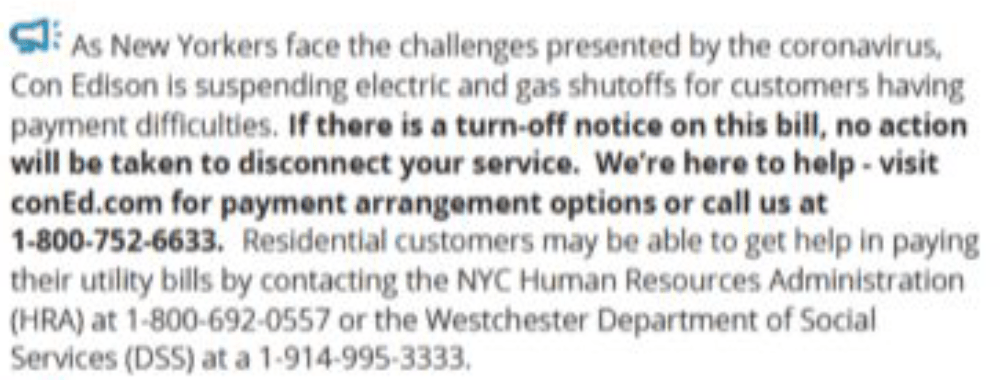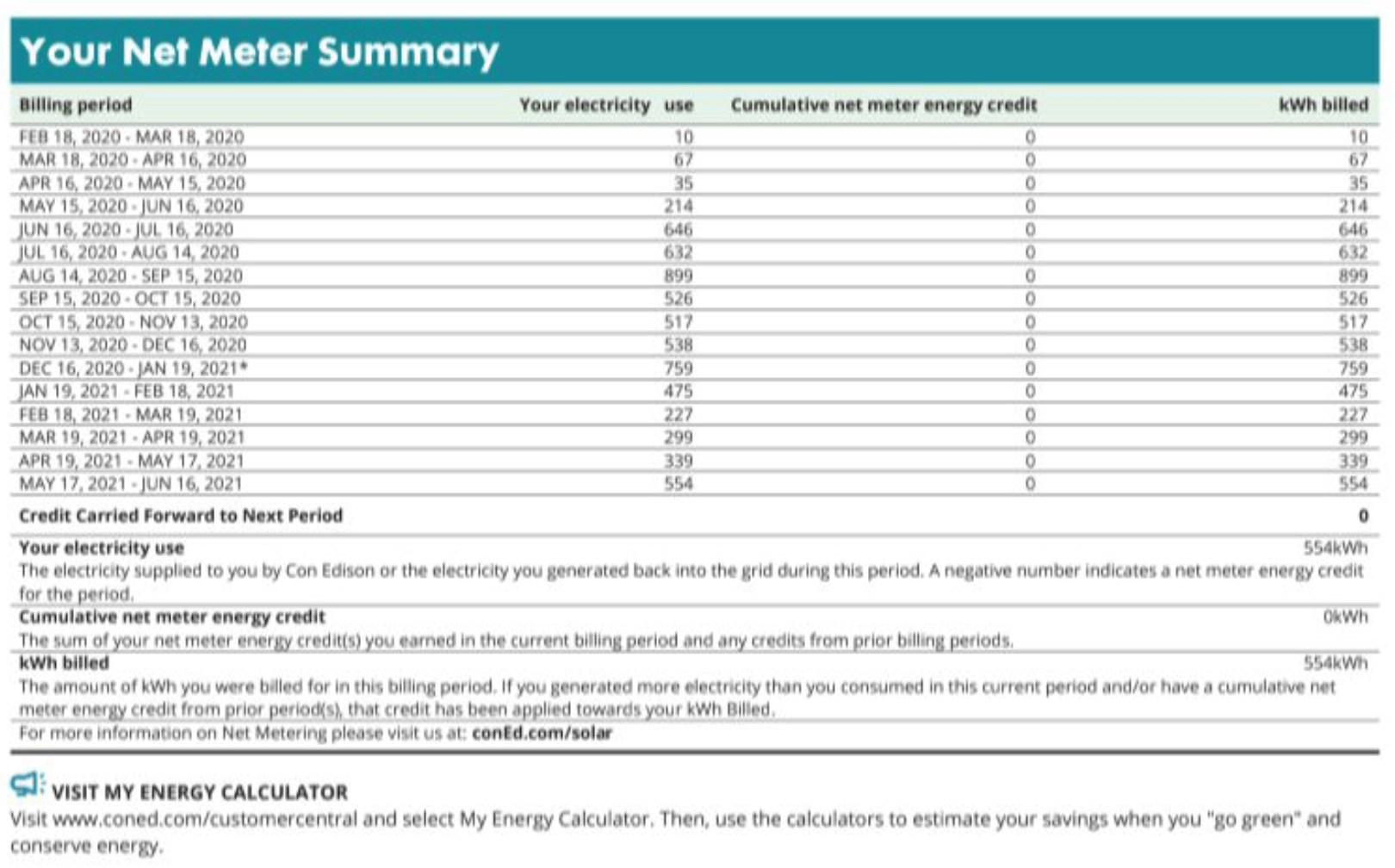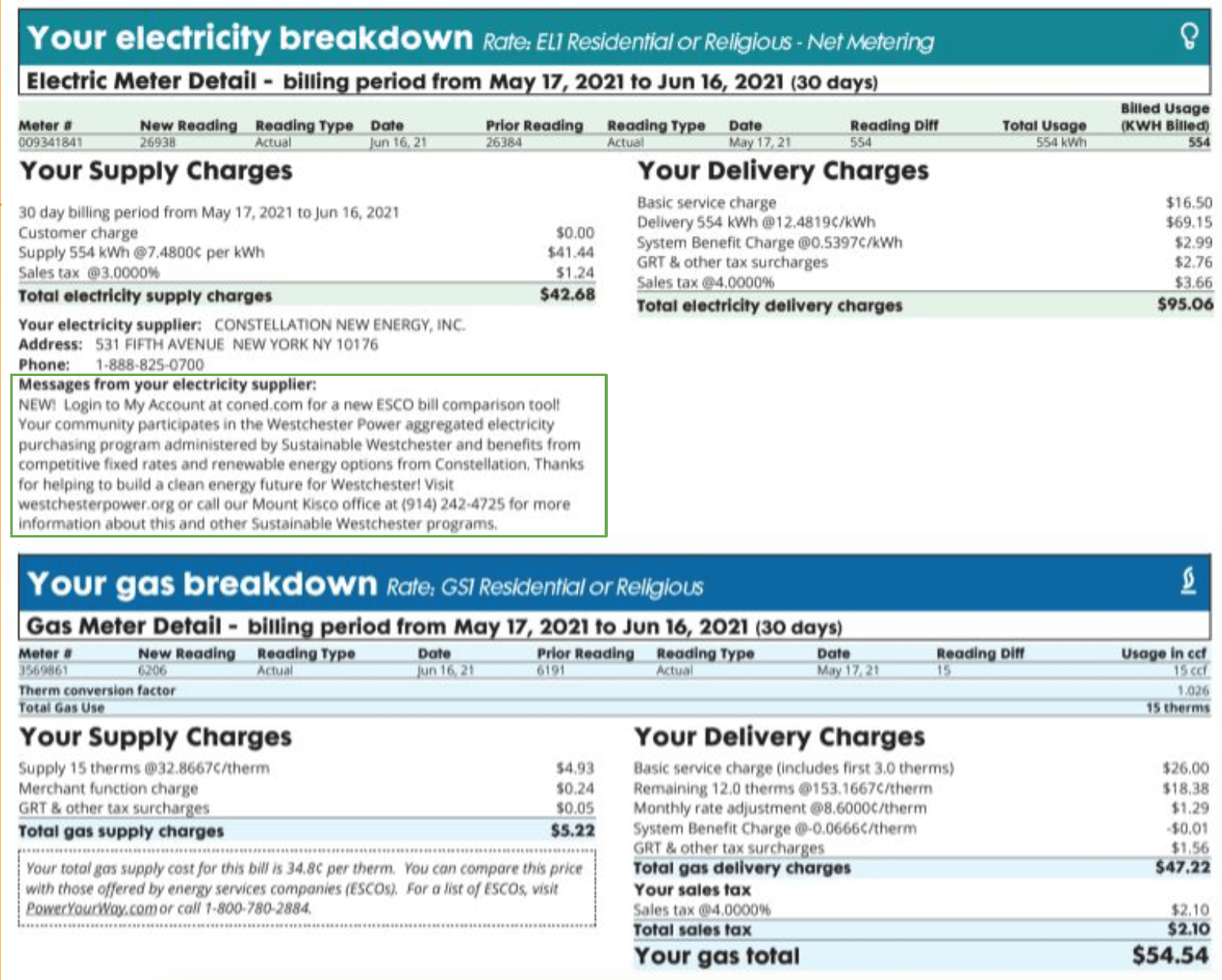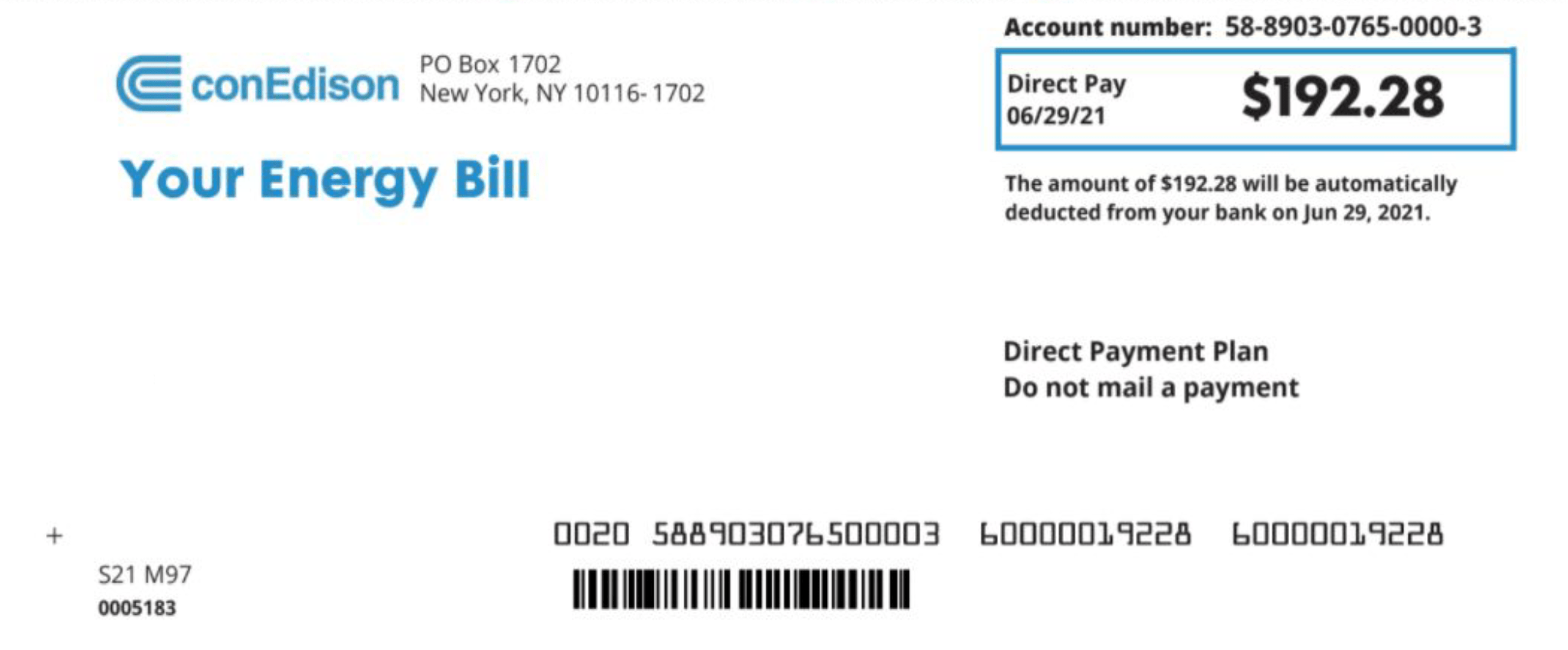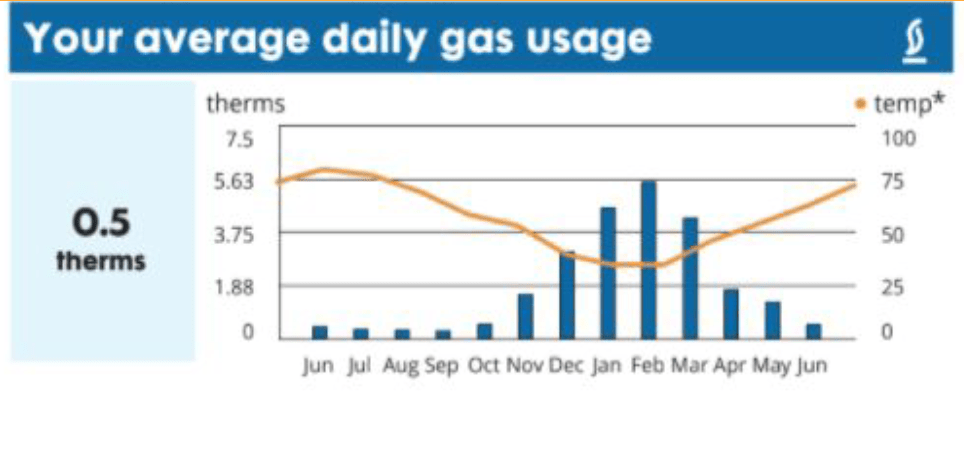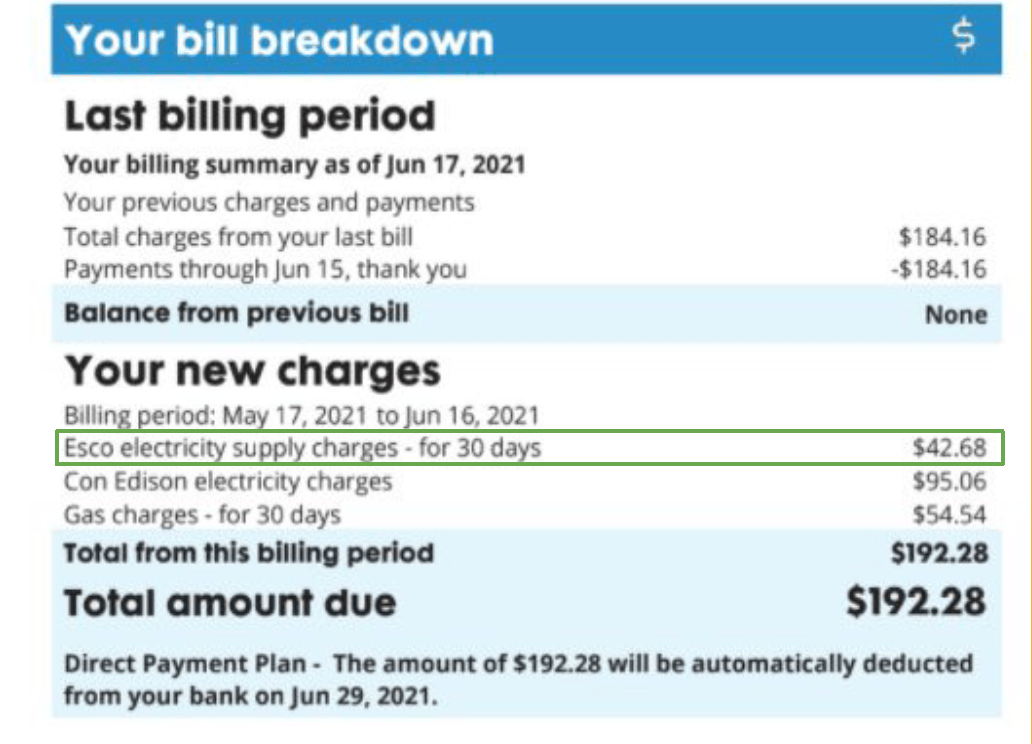Installation of public facing charging stations is a critical step to community-wide electrification. Public charging stations located on municipal properties, e.g., municipal parking lots, curbs and on street are essential to expand access to charging for folks who may not be able to access a charging station at their home or workplace. Sustainable Westchester can help municipalities coordinate with the private sector and the utilities to install public facing charging stations.
Charging Stations
Different Types of Charging Stations of Different Needs
There are two major types of public charging stations: Level 2 and Level 3 Direct-Current Fast Charge (DCFC) chargers.
Level 2 chargers are the most commonly used by EV drivers. Level 2 chargers can fill a car battery to 100% total charge and enable vehicle batteries to achieve their full range capacity over time. Most Level 2 chargers are installed in private garages or driveway, or in some public spaces.
Level 3 or DCFC chargers have another purpose for EV Users. DCFC chargers can refuel low battery to 80% total charge in minutes. This type of charging best supports EV drivers out of their range. As such, DCFC chargers are often found near a highways, but more and more in downtowns areas where drivers may access shops, parks, or other amenities while charging.
Because of funding programs administered by New York State and all regional utility companies, respectively, municipalities can recoup up to 100% of installation costs for Level 2 and Level 3 charging infrastructure.





